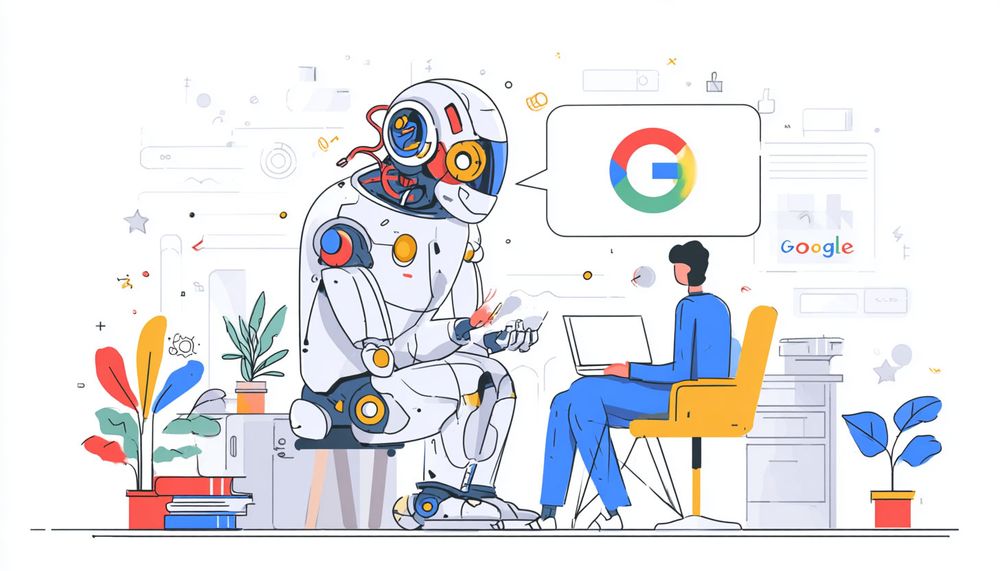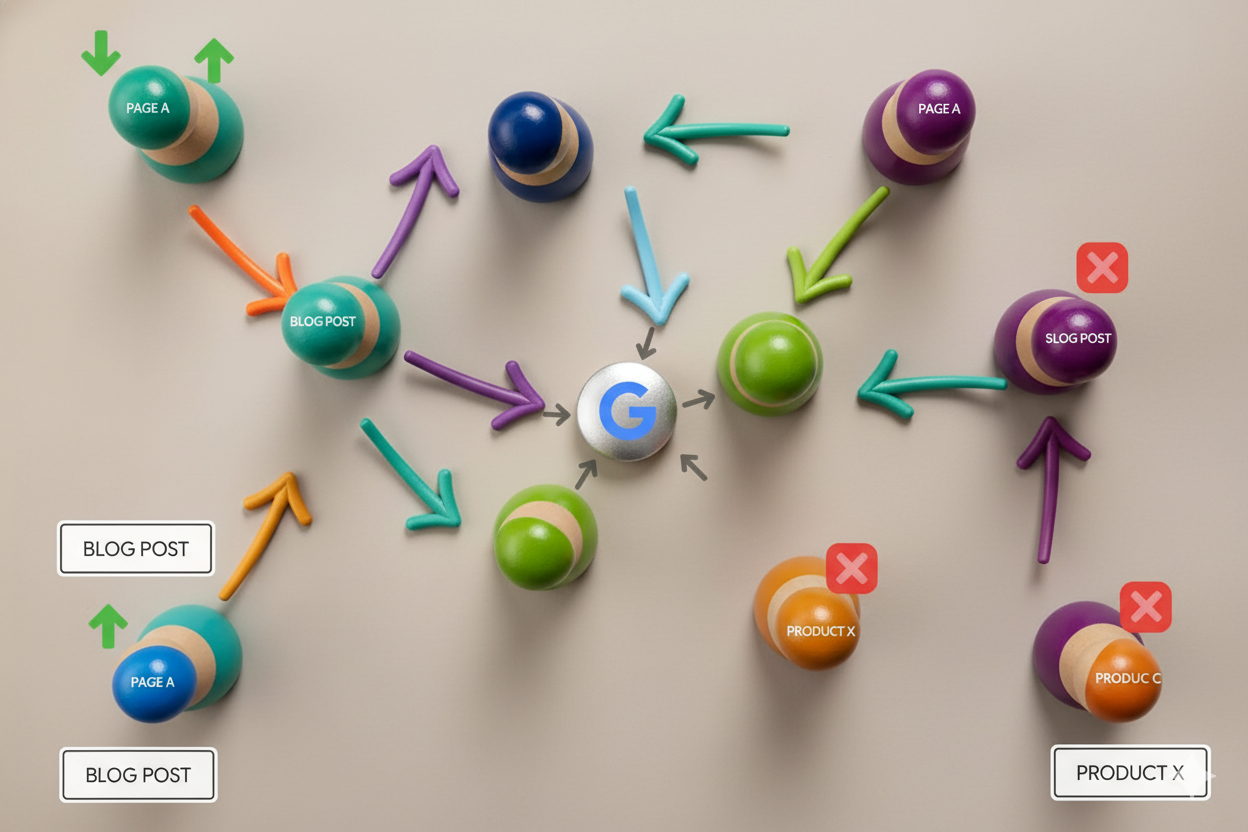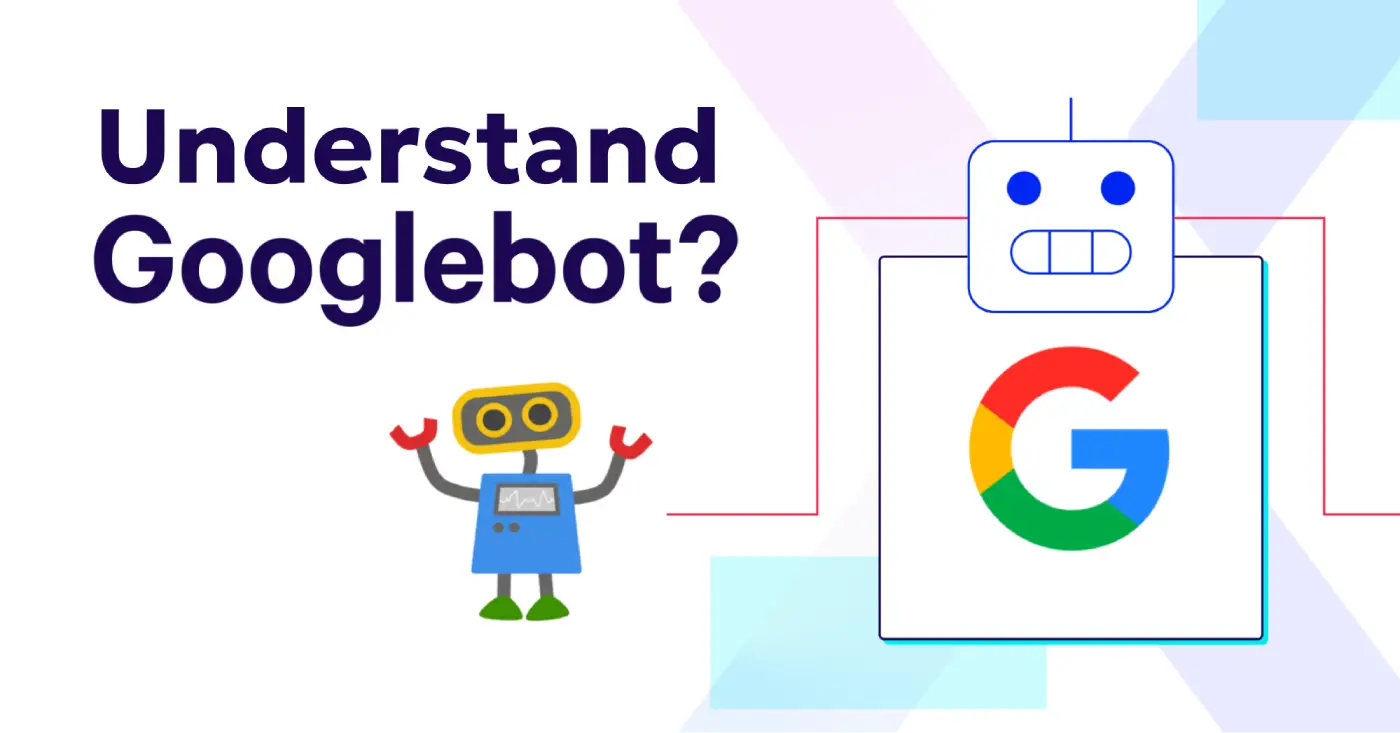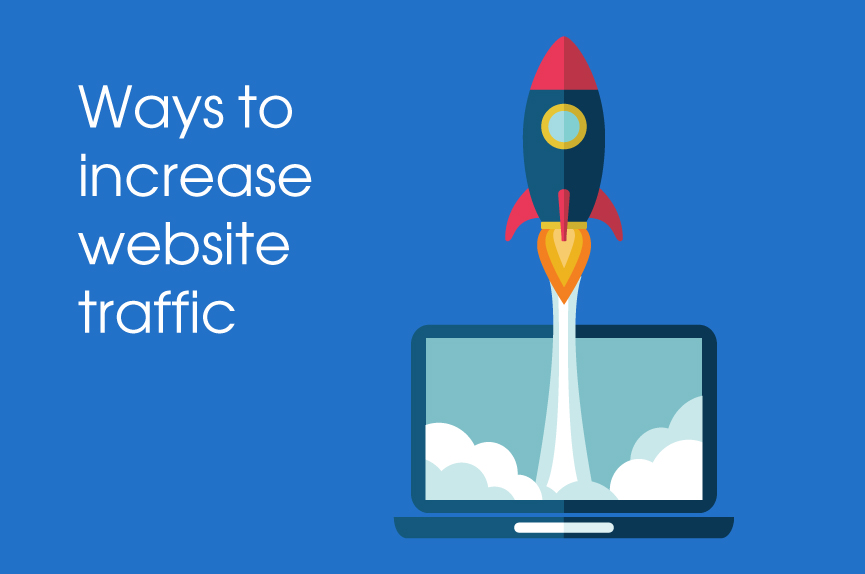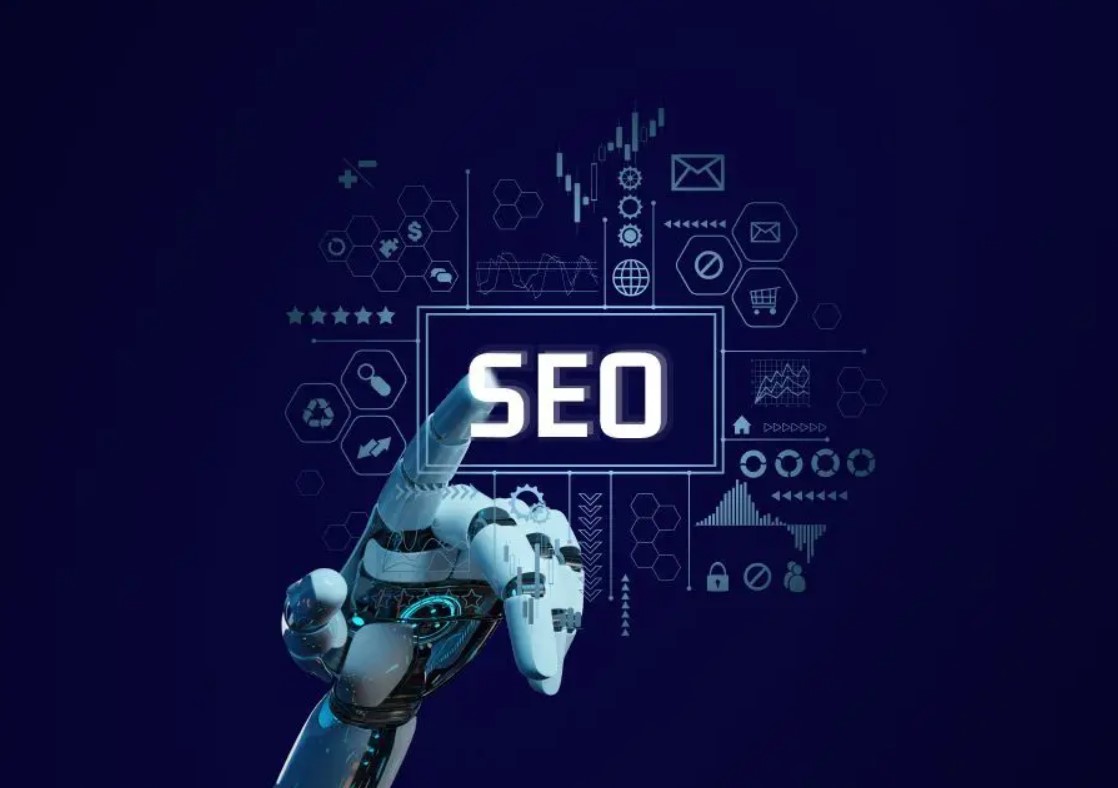Google Responds to the AI SEO Hype and Reaffirms What Really Drives Rankings
In recent months, the world of search optimisation has been flooded with new terms. AI SEO, AEO, GEO, LLM optimisation, and many other labels are being promoted as the next essential step for online success. For many website owners, marketers, and businesses, this constant flow of new language has created confusion and anxiety. There is a growing fear that traditional SEO is no longer enough and that without adopting new AI-focused tools or strategies, visibility in search results will disappear.
